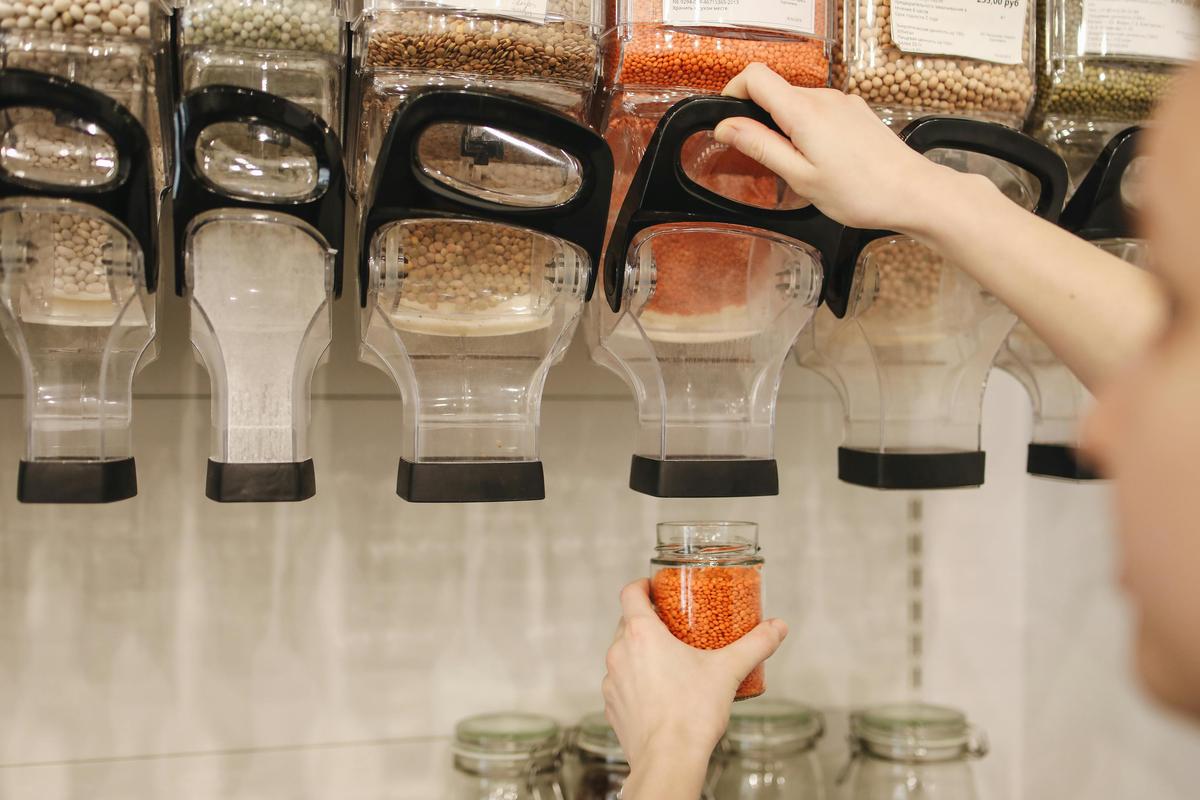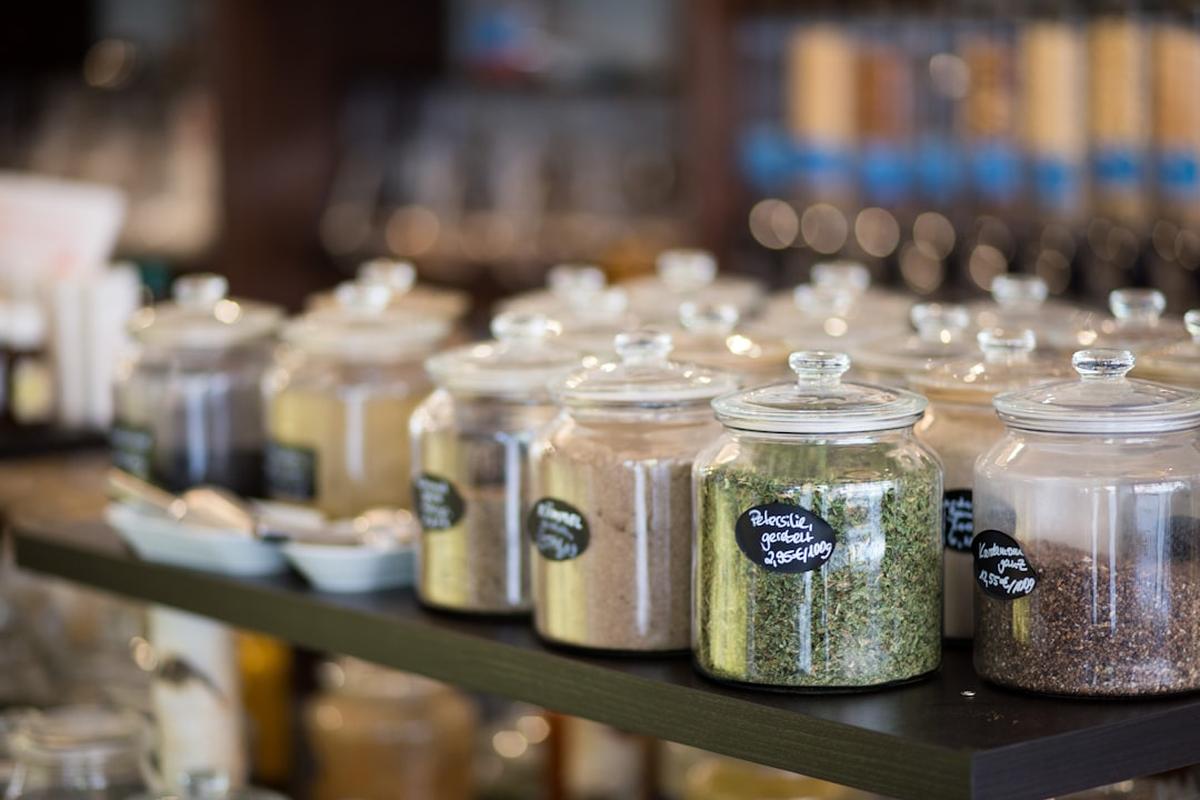What is Zero Waste? A Clear Definition
Zero Waste is a game-changing idea that is revolutionizing how we think about and handle our resources. At its core, Zero Waste is a cool, money-saving, and forward-thinking approach that aims to get rid of waste and create a sustainable, circular economy.
The definition adopted by the Zero Waste International Alliance is both thorough and interesting. It says that Zero Waste is the “saving of all resources by responsible production, consumption, reuse, and recovery of products, packaging, and materials without burning and with no discharges to land, water, or air that harm the environment or human health.” This all-encompassing approach goes beyond just recycling and focuses on stopping waste at the source, redesigning products, and reusing materials to create a closed-loop system.
Achieving Zero Waste requires a big change in our mindset and behaviors. It asks us to copy the sustainable cycles found in nature, where all discarded materials are meant to become resources for others to use. This vision isn’t just about managing waste; it’s about managing resources, with the ultimate goal of getting rid of the idea of waste.
Reaching Zero Waste is no walk in the park, but the benefits are clear. By working towards this goal, we can save valuable resources, lessen our impact on the environment, and create new economic opportunities. It’s a win-win-win situation that offers the hope of a more sustainable and prosperous future for everyone.
Embracing Zero Waste isn’t just a personal decision; it’s a shared responsibility. As individuals, we can make conscious choices to cut down on our waste, reuse what we can, and recycle what we can’t. As communities and businesses, we can work together to design products and systems that are naturally waste-free. Together, we can create a world where waste is a thing of the past, and all resources are valued and preserved for generations to come. 1 2
 Photo by Anna Oliinyk on Unsplash
Photo by Anna Oliinyk on Unsplash
The Principles of Zero Waste: A Comprehensive Guide
The principles of zero waste offer a comprehensive approach to reducing our environmental impact. At its core, zero waste is about changing how we use resources, moving from a linear “take-make-waste” model to a circular system of responsible production, consumption, and recovery.
The zero-waste hierarchy gives us a clear plan of action. It starts with rethinking and redesigning our systems to avoid unnecessary waste, then reducing the amount and harmfulness of resources used. Reusing products and materials whenever we can is the next important step, making them last longer and reducing the need for new resources.
“Recycling and composting are important, but they should be the last option, not the first choice,” explains the Zero Waste International Alliance. While these processes recover valuable materials, they still use energy and resources, so it’s better to focus on the higher levels of the hierarchy.
Following zero-waste practices can make a big difference. By keeping food waste out of landfills, we can greatly reduce methane emissions, a powerful greenhouse gas. Recycling creates local jobs and helps businesses save money on disposal costs. And when consumers ask for eco-friendly packaging, manufacturers are encouraged to come up with new ways to reduce waste.
The journey to zero waste isn’t easy. Changing long-standing habits and systems takes dedication and teamwork across all levels of society. But the benefits are clear – a cleaner environment, more sustainable communities, and a future where waste is seen as a resource waiting to be used again. 3 4
 Photo by Markus Spiske on Unsplash
Photo by Markus Spiske on Unsplash
How to Implement Zero Waste in Your Daily Life
Embracing a zero-waste lifestyle is a great way to reduce your environmental impact and help create a more sustainable future. Basically, zero waste is all about cutting down on the waste we produce by being mindful of what we consume and how we dispose of it.
First off, take a look at what you’re buying and focus on getting only what you really need. Skip single-use stuff like plastic bags, disposable cutlery, and straws, and opt for reusable options instead. Start using things like cloth napkins, refillable containers, and rechargeable batteries in your daily life. These small changes can make a big difference in cutting down on waste.
Try composting your food scraps and yard waste to keep them out of landfills and create nutrient-rich soil for your garden. Buy things in bulk to reduce packaging waste, and bring your own reusable containers or bags. Plan your grocery trips to avoid wasting food, and choose products with minimal or recyclable packaging.
Get creative with DIY projects and find new uses for old items. This not only cuts down on waste but can also be a fun way to show off your personal style. Learn about your local recycling rules and make sure you’re recycling correctly, as it’s a key part of the zero-waste journey.
Remember, going zero waste isn’t about being perfect but about making small, sustainable changes over time. Share your journey with others and inspire them to make eco-friendly choices too. Together, we can help create a more circular economy and a cleaner, healthier planet for future generations. 5 6
The Benefits of Adopting a Zero Waste Lifestyle
Embracing a zero-waste lifestyle offers a ton of benefits that go way beyond just the individual. By changing how we think about what we use and throw away, we can open up a bunch of cool economic opportunities and environmental perks.
At the core of the zero-waste movement is the power of recycling. Studies show that recycling creates a lot more jobs than just dumping stuff in landfills. Composting is also a big job creator, making at least twice as many jobs as landfills and four times as many as incinerators. And reusing things? It’s a major job generator, with up to 30 times more jobs than landfills.
The economic impact of zero-waste practices is huge. The recycling industry in the U.S. alone brings in a whopping $117 billion in economic activity every year, with 681,000 jobs, $37.8 billion in wages, and $5.5 billion in tax revenues. Just think about what could happen if we fully embraced a circular economy.
But it’s not just about money - zero-waste living also has some awesome environmental benefits. By cutting down on greenhouse gas emissions, saving natural resources, and conserving energy and water, we can all work towards a more sustainable future. Take San Francisco, for example, which has achieved an impressive 80% diversion rate from landfills through its zero-waste program.
Sure, going zero-waste isn’t easy. Lack of infrastructure, limited access to affordable sustainable products, and resistance to changing our habits can all be roadblocks. But with new technologies and a strong commitment to the 5 Rs (Refuse, Reduce, Reuse, Recycle, Rot), we can overcome these challenges.
The choice is ours: we can keep on creating waste and harming the environment, or we can embrace the power of zero-waste living. The benefits, both economic and environmental, are just too good to pass up. 7 8
 Photo by Polina Tankilevitch on Pexels
Photo by Polina Tankilevitch on Pexels
References
-
“Understanding The Meaning Zero Waste” - extension.msstate.edu ↩
